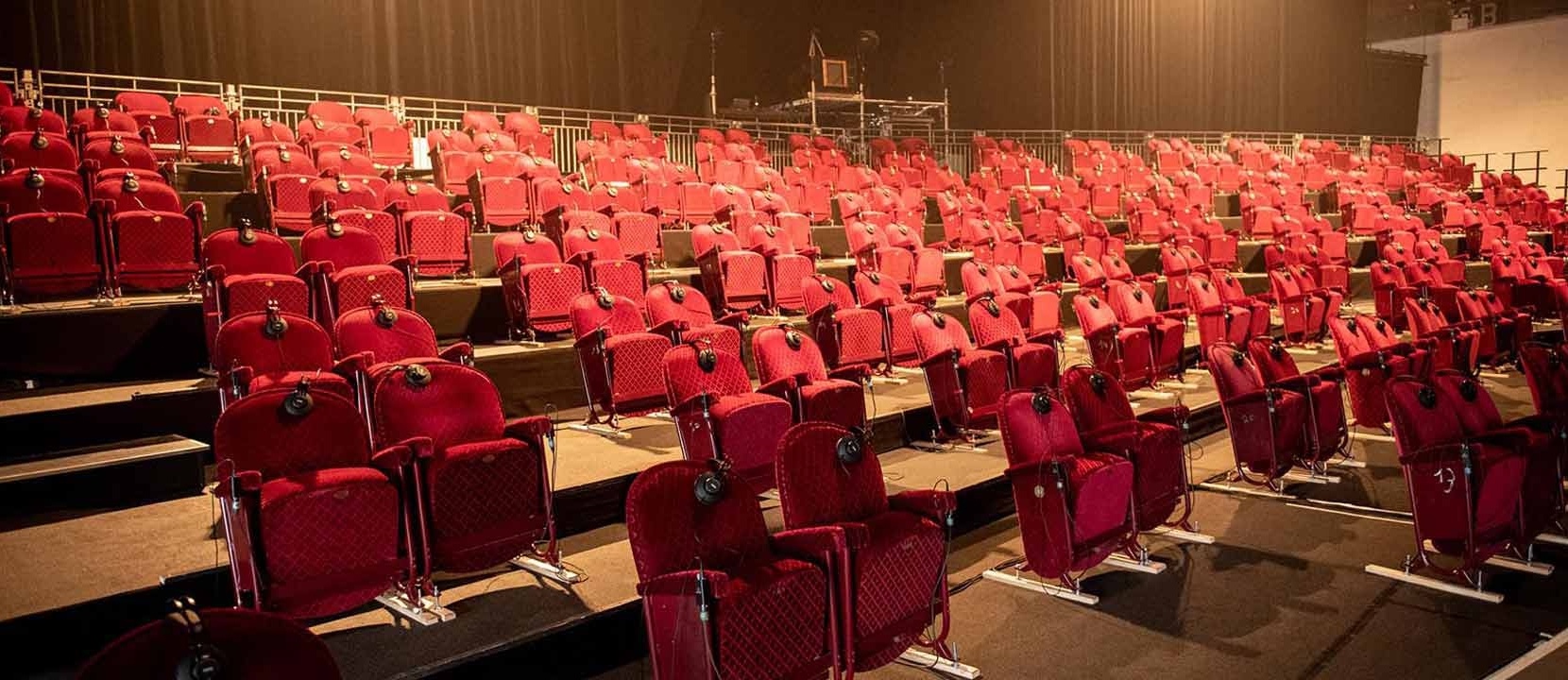By now, all of us in Europe and in the rest of the world are aware of the terrible impact of Covid-19 on our society. We understand the need to protect the vulnerable of our society, and so we do our best to interact with each other safely. No one in their right mind doubts the measures in place to do so. Let it be clear that this plea is by no means a request for relaxing the rules in a way that would endanger the health of some of us.
This is, however, a plea for culture. Because people are more than just a body. People also need psychological wellbeing, comfort, connection and beauty. La cultura es segura, as they say in Spain. Culture is safe. When someone asked the poet Federico García Lorca what he would need if he were hungry, he replied: ‘Do not give me bread. Give me half a bread, and a book.’ He understood that his soul needed nourishment as well.
This is not the first time that theatres have been forcibly closed. There were temporary closures during World War II, as well as in the wake of terror attacks in some European cities. But these are rare exceptions. We absolutely should not consider this situation normal. The months-long societal corona malaise that we are experiencing weighs heavy on us all. People are exhausted and depressed. There’s no better antidepressant than coming together in safety. And we can facilitate that.
Disparity across Europe
Efforts to make sure teams can work and rehearse safely, to guide streams of visitors and to keep a safe distance in theatres are already in place. So are plans to facilitate the safe attendance of cultural showcases. We follow all the rules strictly. In the meantime, we see great disparity on the cultural map of Europe. In some countries and cities theatres are open, in others they are closed – without any perspective. That is quite peculiar. Modern theatres in Brussels are just as well-ventilated as those in Porto. Crowd management in Paris or Amsterdam is just as good as that in Barcelona, Madrid or Lisbon.
Corona measures differ from country to country, but culture is essential everywhere. We are all convinced of that. Because no matter how worried we – rightly – are about the physical health of our population, mental wellbeing is also important.
We are connected through European networks and collaborations: Between lands, Opéra Europa, Prospero, European Theatre Convention, … This was the context for the current plea: we ask for consultation and a shared vision at the European level about what culture is, and what it can mean in these exceptionally difficult, historic times. We ask that those who can work safely are allowed to work. We ask for permission to let our professionals travel and work as long as they can do so within safety guidelines and with constant testing. We ask for stories, beauty, comfort and perspective. The protocols are in place. The expertise to do it safely exists.
Let us never get to a point where closed theatres are ‘normal’. No matter how difficult the situation, we are ready to work. Because theatre is so important. Let us play again. We will take care of the audience, as we always have.
In these difficult times, where all of us are desperate for a glimmer of hope, let us colour the world with imagination – something we need to survive and to remain human.
Co-signed by: Fabrice Murgia (Théâtre national); Peter De Caluwe (La Monnaie); Milo Rau (NTGent); Serge Rangoni (Théàtre de Liège, Prospero, European Theatre Convention); Guy Cassiers/Maud Van de Velde (Toneelhuis); Chloé Dabert (Comédie De Reims); Wajdi Mouawad (Théâtre National de la Colline, Paris), Giuliano Barbolini (Emilia Romagne Teatro Fondazione); Tiago Rodrigues (Teatro nacional D. Maria II); Alfredo Sanzol (Centro Dramático Nacional Madrid), Claudio Longhi (Piccolo Teatro Milaan)
Michael De Cock & Carme Portaceli
KVS & Teatre Nacional de Catalunya

